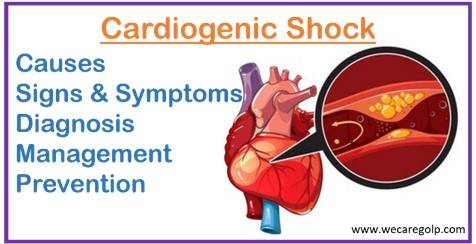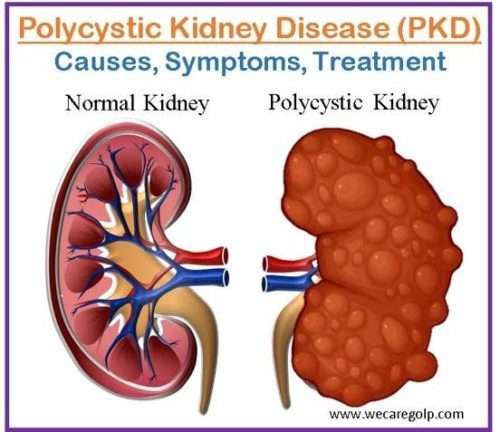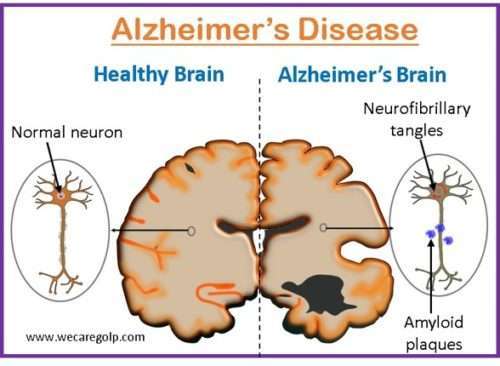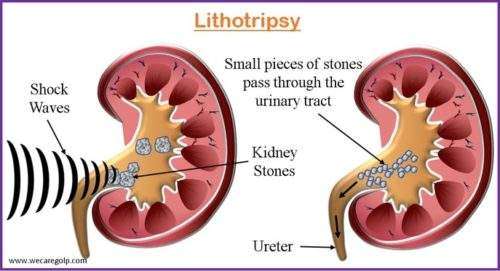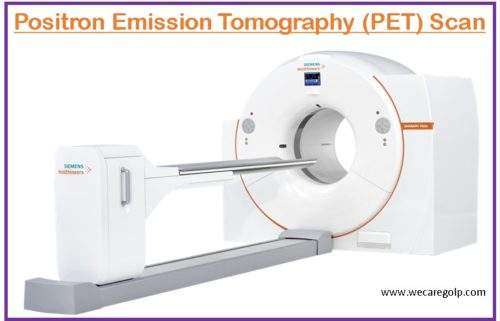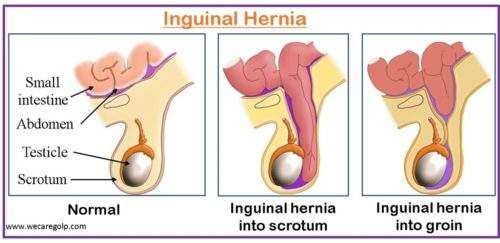Hyperglycemia (High Blood Sugar)
What is Hyperglycemia? Hyperglycemia is the medical or technical term for high blood sugar (glucose). It happens when the body does not produce insulin or cannot use insulin properly. What are the Causes of Hyperglycemia? Hyperglycemia can have various causes : Who is at Risk of Hyperglycemia? Hyperglycemia can occur in a wide variety of … Read more

